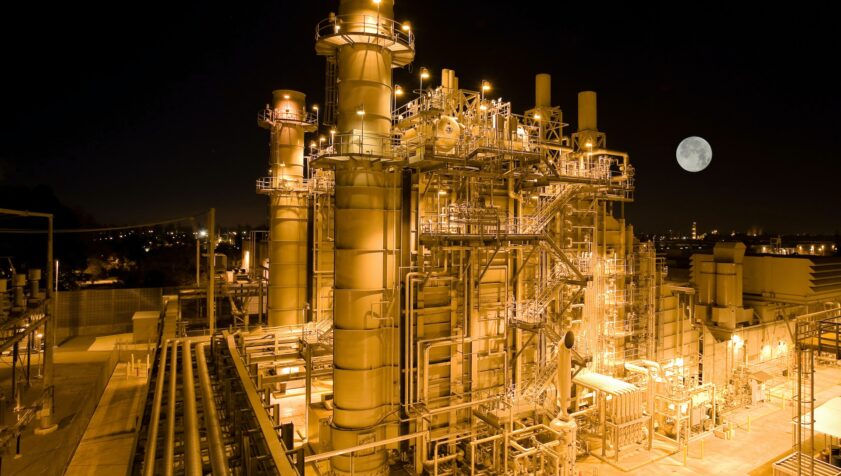If you would like to receive Africa Brief in your inbox every Wednesday, please sign up here .
The highlights this week: Chad holds peace talks to end decades of conflict, Guinea suspends activities at a major iron ore deposit, and thousands of Mali ‘s prized ancient manuscripts are digitized for global access.
Welcome to Foreign Policy’s Africa Brief.
The highlights this week: Chad holds peace talks to end decades of conflict, Guinea suspends activities at a major iron ore deposit, and thousands of Mali’s prized ancient manuscripts are digitized for global access.
If you would like to receive Africa Brief in your inbox every Wednesday, please sign up here.
African Oil and Gas Producers Look to Secure European Markets
European leaders have set a target to end their reliance on Russian oil and gas “well before 2030,” which could lead to new market gains for Nigeria, Angola, Libya, and Algeria on liquified natural gas.
“It seems that Africa now is the most reliable alternative for these countries in Europe,” said Kennedy Chege, a researcher and doctoral candidate at the University of Cape Town, specializing in oil and gas law. “It essentially opens up a great opportunity for African countries to move in and get deals done quickly.”
There is a huge amount of capacity on the continent, but top producers lack the infrastructure that can quickly plug the gap. “The largest challenge is financing,” said Linda Mabhena-Olagunju, managing director at DLO Energy Resources Group, an independent power provider in South Africa. There has not been the incentive for foreign capital investments in African hydrocarbon infrastructure amid a global emphasis on developing renewable energy.
In this context, Nigeria, the continent’s biggest oil producer, is pushing for local investors, such as the African Export-Import Bank, to provide alternative funding sources.
Read further: https://foreignpolicy.com/2022/03/16/ukraine-russia-war-africa-oil-lng/
